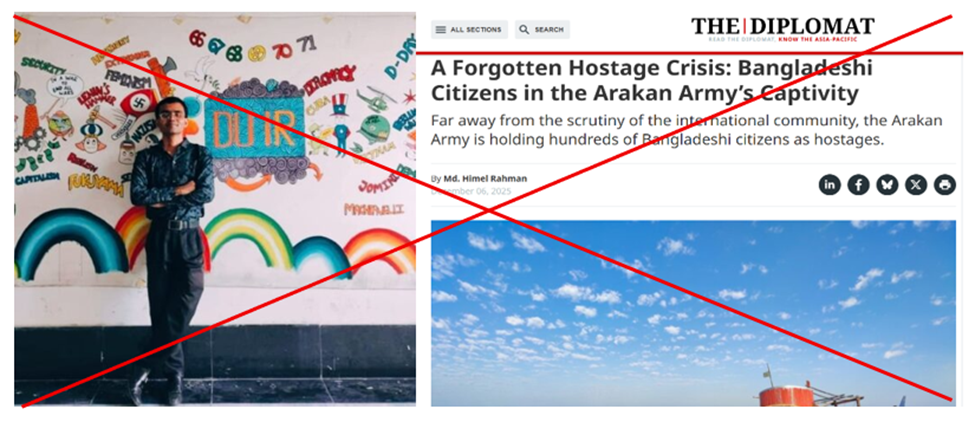What Need to Be Done for Northern Arakan Conflicts
- globalarakannetwork

- Dec 11, 2024
- 2 min read
Updated: Dec 16, 2024
GAN, Arakan (Rakhine State)
Special Report December 11, 2024

Global politics today is largely driven by news of great power competition rather than terrorism from radical groups. The events of the 9/11 attacks are now a distant memory, no longer central to the foreign policy of the United States or other Western powers.
However, religious extremism and acts of terrorism persist. The resurgence of armed conflicts and regional tensions in West Asia (Middle East) between Israel and factions backed by Iran brings a renewed atmosphere of religious fervor and extremist ideology. Although international relations are mostly conducted between sovereign states, the impact of cultural, civilizational, and religious motivations should not be underestimated.
Arakan, located at the crossroads of South and Southeast Asia, is vulnerable to cultural and religious assertions, often framed in terms like 'Islamization,' 'Arabianization,' and 'Bengalinization.' Often, Western value promotion on human rights and democracy indirectly fuels these motivations.
While Arakan has historically accommodated diverse ethnic identities and religious beliefs, it cannot risk harboring religious extremism or terrorism. Global jihadist groups such as ISIS and Al-Qaeda have shown interest in influencing Arakan's Muslim community, and groups like ARSA and RSO, in combination with hardline religious and political elements in countries like Bangladesh and Pakistan, could exploit and radicalize frustrated youths in Bangladesh's refugee camps. If this occurs, non-Muslim groups and moderate Muslims in the region would likely be among the victims.
To prevent this, international and regional actors should seize the opportunity presented by the changing military and political landscape in Arakan. The military success along with inclusive governance and increasing social cohesion led by the ULA/AA movement should be recognized as a positive development. Stakeholders should engage with ULA leadership to ensure peace and stability, protect foreign investments, promote social cohesion and inclusive governance, and support the deradicalization of refugee youths who could play a role in Arakan's future.
Bangladesh should be encouraged to reconsider its support for militant groups within its borders or refugee camps and instead focus on sustainable solutions to the refugee crisis. The rise of radical Islamic elements in Bangladesh requires careful monitoring and control. Additionally, regional powers like India and China should engage in countering religious extremism and terrorism to safeguard security and protect their foreign investments. India, in particular—with its sizable Muslim population and recurring issues with religious extremism and violence—should be especially concerned about the shifting dynamics in Arakan and the broader region.
Note: This chapter is part of the report titled "Growing Extremist Activities of Islamic Jihadist Groups in Northern Arakan," authored by GAN. The remaining parts and chapters will follow.




_edited.png)


